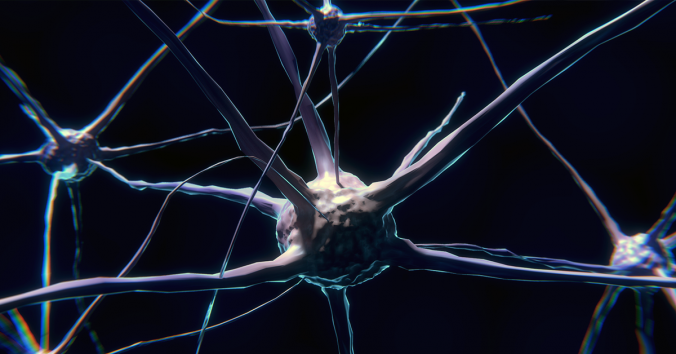Suppose a philosopher builds a system of ideas based on our mortality. It is the risk of dying, the vulnerability of all things in life, that allows us to find our lives meaningful and our life projects engaging. If we did not believe in the risk of dying and the vulnerability of all things in life, we would not care about anything at all. Therefore, we must believe what the system requires, in order to live meaningfully and be caring. In fact, everyone already believes what the system requires, argues the philosopher, even those who question it. They do it in practice, because they live committed and caring lives. This would be impossible if they did not believe what the system requires.
However, our mortality is more than a risk. It is a fact: we will die. Death is not just a possibility, something that can happen, a defeat we risk in our projects. What happens when we see the reality of death, instead of being trapped in the system’s doctrines about necessary conditions for the possibility of meaningful and committed lives? We can, of course, close our eyes and refuse to think more about it. However, we can also start thinking like never before. If I am going to die, I have to understand life before I die! I have to investigate! I have to reach clarity while I live!
In this examination of the starting point of the system, a freer thinking comes to life, which wonders rather than issues demands. What is it to live? Who am I, who say that I have a life? How did “I” and “my life” meet? Are we separate? Are we a unity? Is life limited by birth and death? Or is life extended, including the alternations between birth and death? What is life really? The small, which is limited by birth and death, or the large, which includes the alternations between birth and death? Or both at the same time? These are perhaps the first preliminary questions…
The mortality on which the system is based raises passionate questions about the concepts with which the system operates as if they had been carved in stone for eternity. It gives birth to a self-questioning life, which does not allow itself to be subdued by the system’s doctrines about what we must believe. Even the system itself is questioned, because the passion that animates the questioning is as great as the system would like to be.
However, if the questioning cares passionately about life, if mortality and vulnerability are part of the commitment – does the system thereby get in the last word?
(This post is inspired by Martin Hägglund’s book, This Life, which I recommend as a great stumbling stone for our time.)

Written by…
Pär Segerdahl, Associate Professor at the Centre for Research Ethics & Bioethics and editor of the Ethics Blog.
We like challenging questions











